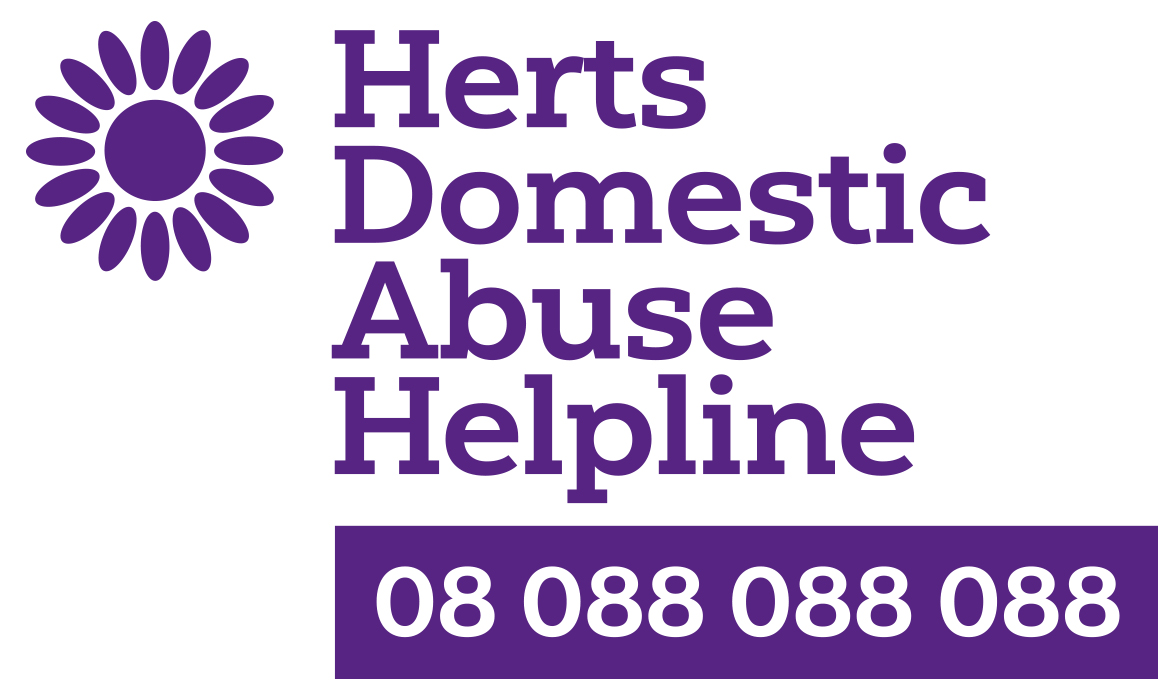Legal Options
If there has been any abuse within a relationship and the victim does not wish to take criminal proceedings then they may be able to get an injunction through the civil courts.
Any one of the following constitutes a relationship:
1. are or were married or in a civil partnership
2. are or were engaged to be married or had agreed to form a civil partnership
3. are or were living together (this includes same-sex and opposite-sex couples)
4. live or have lived in the same household (but not as a tenant, or lodger)
5. are or were in an intimate personal relationship.
An injunction is a “stay away” order, which prevents the abuser from doing certain things (e.g. contacting the victim) or compels them do things (e.g. to leave the home). It is best to apply as soon as possible after an abusive incident and can help the victim's case if they are able to get medical evidence from their doctor. It may also help in supporting the victim's case to get any other people's evidence such as school/health visitors/neighbours/ family/friends.
It is possible for a court to make a number of orders where domestic abuse has occurred and the victim needs to be protected. The two most common types of injunctions used in domestic abuse cases are:
1. Non Molestation Orders — this type of order will prevent the abuser from harassing, intimidating or pestering the victim or any children who live with the victim. The abuser does not have to have been physically abusive in order to obtain this type of order. If an order is breached a criminal offence will have been committed.
2. Occupation Orders — this type of order will establish who has a right to stay in the home. An occupation order can order an abuser to move out of the home or to keep a certain distance from the home. In order to apply for this type of order, the victim will need to know if they or the abuser (or both) are legally entitled to occupy the property.
Although you can apply for an injunction yourself, you might find it helpful to have legal advice from a solicitor who specialises in domestic abuse. The Law Society or the local Citizens Advice Bureau will be able to give you a list of family solicitors in your area. You could also contact the National Centre for Domestic Violence (NCDV). You can call them free on 0800 970 2070 for advice or assistance on getting an injunction in place. And finally, our Helpline will be able to refer you to a local solicitor who has experience of domestic abuse issues.
3. Domestic Violence Protection Orders (DVPOs) — these are obtained by police (and do not require a victim to support it) where there are no ongoing criminal sanctions but the police are concerned that there have been threats or use of violence. See below for more information
Domestic Violence Protection Notice (DVPN)
Domestic Violence Protection Order (DVPO)
If the Police have reasonable grounds to believe the victim remains at risk of domestic violence then they can issue a DVPN.
DVPOs are available across England and Wales and are civil orders that can be put in place by the police and magistrates to provide protection in the immediate aftermath of a domestic abuse incident where there is insufficient evidence to charge a perpetrator and provide protection to a victim via bail conditions.
A DVPN is an emergency non-molestation and eviction notice which can be issued to a perpetrator by the police, when attending a domestic abuse incident. Because the DVPN is a police-issued notice, it is effective from the time of issue, thereby giving the victim the immediate support they require in such a situation. Within 48 hours of the DVPN being served on the perpetrator, an application by police to a magistrates’ court for a DVPO must be heard. A DVPO can prevent the perpetrator from returning to a residence and from having contact with the victim for up to 28 days. This allows the victim a degree of breathing space to consider their options with the help of a support agency. Both the DVPN and DVPO contain a condition prohibiting the perpetrator from molesting the victim.
You can apply for a DVPO within 48 hours of a DVPN at a magistrate’s court or get a police officer, solicitor or someone you trust to apply for you.
You can read more about DVPOs/DVPNs at the Government website here
To find out more about the different types of legal action you can take, including their application, limitations etc, please speak to your chosen family solicitor.
Our thanks to Neves solicitors, Harpenden, Women’s Aid and the Government website for the above information.

